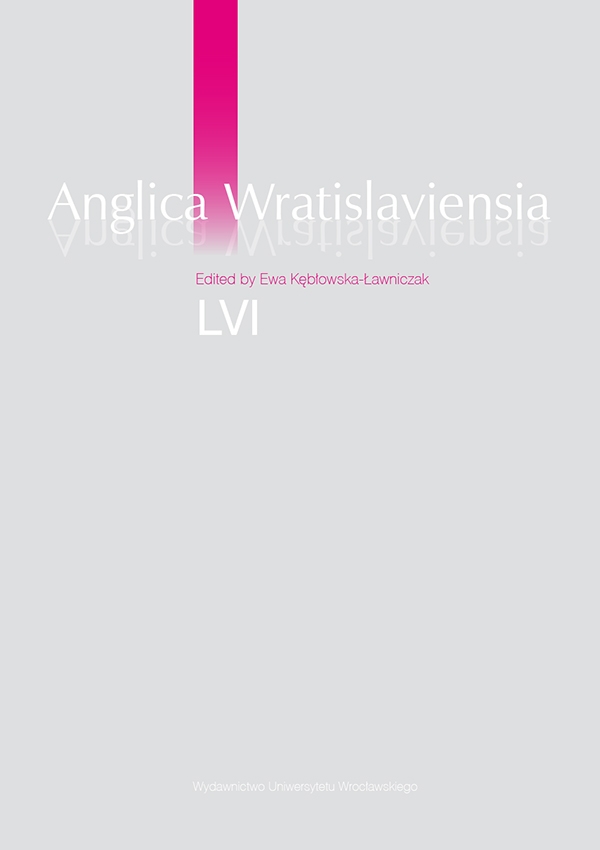

Literature and Culture

Published in 2012, Zadie Smith’s NW appears to break with the aesthetics of On Beauty 2005, her Booker Prize shortlisted novel: abandoning the linearity of traditional story-telling of which On Beauty partook, NW displays a formal fragmentation that allows the narrative to jump back and forth from one point of view to another, one time period to another, and this with no apparent rationale. Indeed, the novel weaves together the threads of four different narratives seen through four different characters, its structure thus fragmented into seemingly disparate subplots and timelines, as though it were taking to task the linearity of time itself. Through the analysis of the various fragmentary modes in NW, this paper wishes to contend that, while it may first appear to be a challenge to the congruence of plot, one that is reminiscent of the postmodernist taste for discontinuity and experimentation, this writing commitment for fragmentation is fundamentally a political stance in Smith’s fiction. By deconstructing the linear fabric of plot, NW seems to argue that experience — whether it be cultural, political, social or individual — is multifarious and ever-shifting, and thus can only be accounted for by discursively espousing its fragmentary nature. Therefore, the multiplication of subject-positions, the refusal of monologic narratives, as well as the eschewal of linearity in NW must be understood as rebuttals of a reality conceived of unilaterally, or normatively defined. In other words, my argument is that, in NW, the poetics of fragmentation is a politics of authenticity, since it is only through the representation of fragmented experiences that fiction can have any claim on realism.